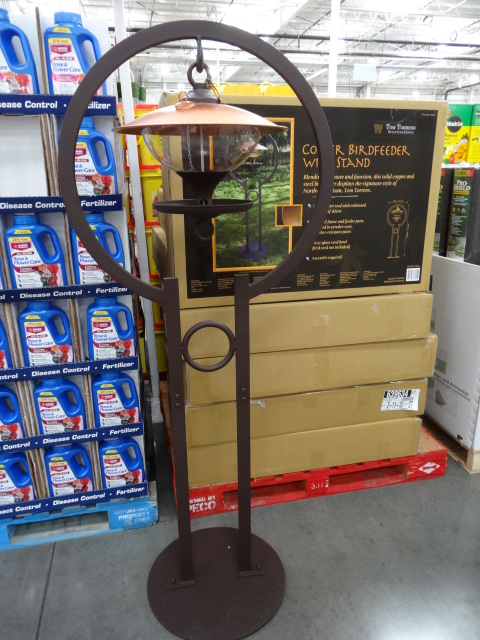

Rinse the feeder with cold water from your outside tap and let it air-dry before using. If you're in the process of looking for a new bird feeder, choose one that's durable as well as easy to take apart and put back together.Ĭlean and wash your bird table or hanging feeders every 2 weeks.ĭon't clean bird feeders indoors - clean them outside and use separate brushes that aren't used for any other purposeĪlways wear rubber gloves when interacting with feeders, as some diseases can affect humans tooĮmpty the contents of the feeder and dispose of itįill a bucket with hot water and scrub the feeder inside and out with a mild disinfectant (5% solution) and a cleaning brush To prevent contamination through droppings, avoid putting feeders under garden features where birds may perch or roost Use a ground feeding tray if you prefer to place food on the ground as this will be easier to keep clean - remember to remove any leftover food before nightfall to prevent rats and other pests If you plan on using a feeding table, ensure it's kept clean and free from droppings or mouldy food (as well as the surrounding area) To reduce the number of birds feeding in one place, use several feeding stations - this will also prevent the build-up of droppings on the ground If it’s taking days to be eaten, reduce the amount to prevent it from going mouldy Monitor the amount of food you're putting out. Tips for reducing the risk of diseases spreading If contaminated droppings mix with the food you've put out, then, unfortunately, the birds can pick up infections. This can happen through the birds' saliva, but the majority of diseases are transmitted by bird droppings. The most likely place in a garden for diseases to spread to birds is at feeding stations. What causes disease to spread among wild birds? With a few simple actions, you'll be helping the UK's wild bird population stay happy and healthy.

To stop the spread of diseases, prevention is key. We all love it when wild birds visit our gardens, but when a large number use the feeding areas we provide, the risk of disease inevitably increases.


 0 kommentar(er)
0 kommentar(er)
